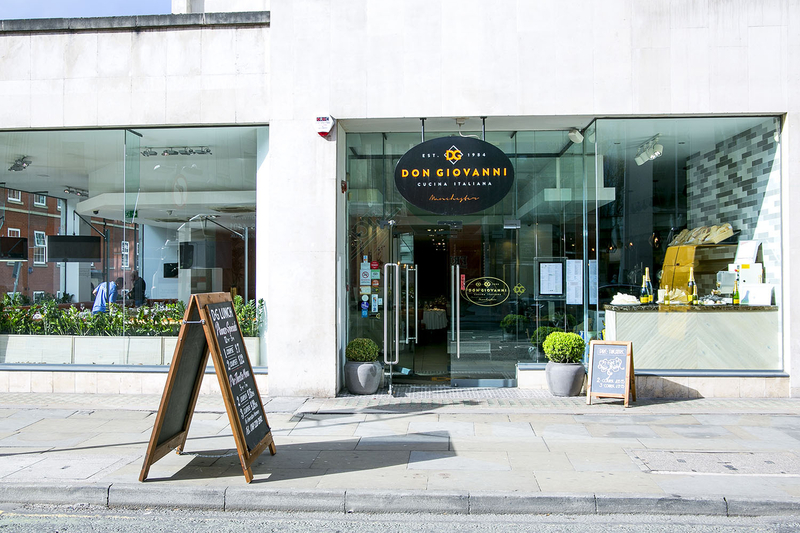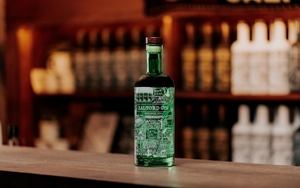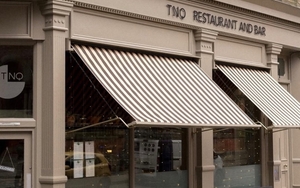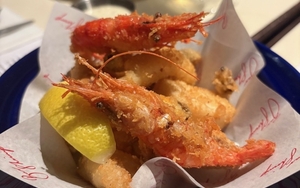And they’ve shared some recipe tips with us
Is there a drink that captures the essence of Italy more than limoncello? It’s like the Italians have managed to capture some of the sun that shines over the south of the country, from Naples to the Amalfi coast, distil it and pour it into bottles.
This bright yellow liqueur gets its special taste from the full flavoured lemons that grow across the region and has become the second most popular in Italy after Campari. At 26%, it’s comparatively low in alcohol, compared to brandy for example, and is best kept in the freezer and served chilled for an after dinner palate cleanser. It also enhances a gin and tonic, adds a citrus zing to cocktails (like DG’s Testarossa with strawberry and rhubarb) and makes a gorgeous sorbet.
Not many people realise that Manchester’s oldest, independently owned Italian restaurant, Don Giovanni, actually make their own recipe limoncello. We went over, sat at the bar and got head bartender Tom Motohin to reveal what makes it so special.
Head Bartender Tom Motohin explains why DG's limoncello is so special
What’s the difference between DG’s homemade limoncello and the more mass produced stuff?
Tom: Our limoncello is prepared in a very similar way to how it was made hundreds of years ago, using only alcohol, lemon skin and sugar. Most of the products on the shelf contain flavourings, artificial colours and so on.
Tell us more about the special Sicilian lemons you import for your limoncello
Lemons used for the preparation of limoncello have to be un-waxed, you must make sure of that. Sicilian organic lemons are better simply because of the much stronger taste and amount of essential oils in the skin. That is what defines a good limoncello.
Would it taste or look different if you used regular supermarket lemons?
Definitely. The taste and a smell will not be as sharp and distinctive.
Limoncello has a vodka base – do you have a favourite brand?
We have worked with Stoli for a few years now. It is a great all-rounder, but when it comes to limoncello, any similar priced vodka would do the trick. You could also use stronger ABV products, but that would depend on how strong you would want your limoncello to be.
Is it important how you cut the lemons to get the most flavour from them?
You don't actually cut the lemons, the only thing you really need is the skin. You have to peel the skin off the lemons but you have to make sure that you don't peel the white-ish under layer, as the pith is what could give the limoncello a bitter taste.
So you leave the lemon peel steeped in the vodka for a fortnight – have you tried keeping them in there for longer? Would it make a difference to the flavour?
We have tried to keep it in for different time periods. Keeping it in longer/shorter will definitely change the taste, but two weeks works for us. Not only will time affect flavour, it will also affect the colour and possibly alcoholic content, depending on the method of preparation.
Why is it best to keep limoncello in the freezer?
Simply because it is nice to drink it cold. Adding ice doesn't always work as it will dilute the drink.
We know it’s a lovely drink on its own, but what other ways do you serve your limoncello at DG?
You could have it on ice with a twist of lemon, as a topping to your ice cream/sorbet, or in a few of the different cocktail combinations that you could also try at our bar.
So when Don Giovanni tell you they bring a little Italy to Manchester, they really do mean it.
















